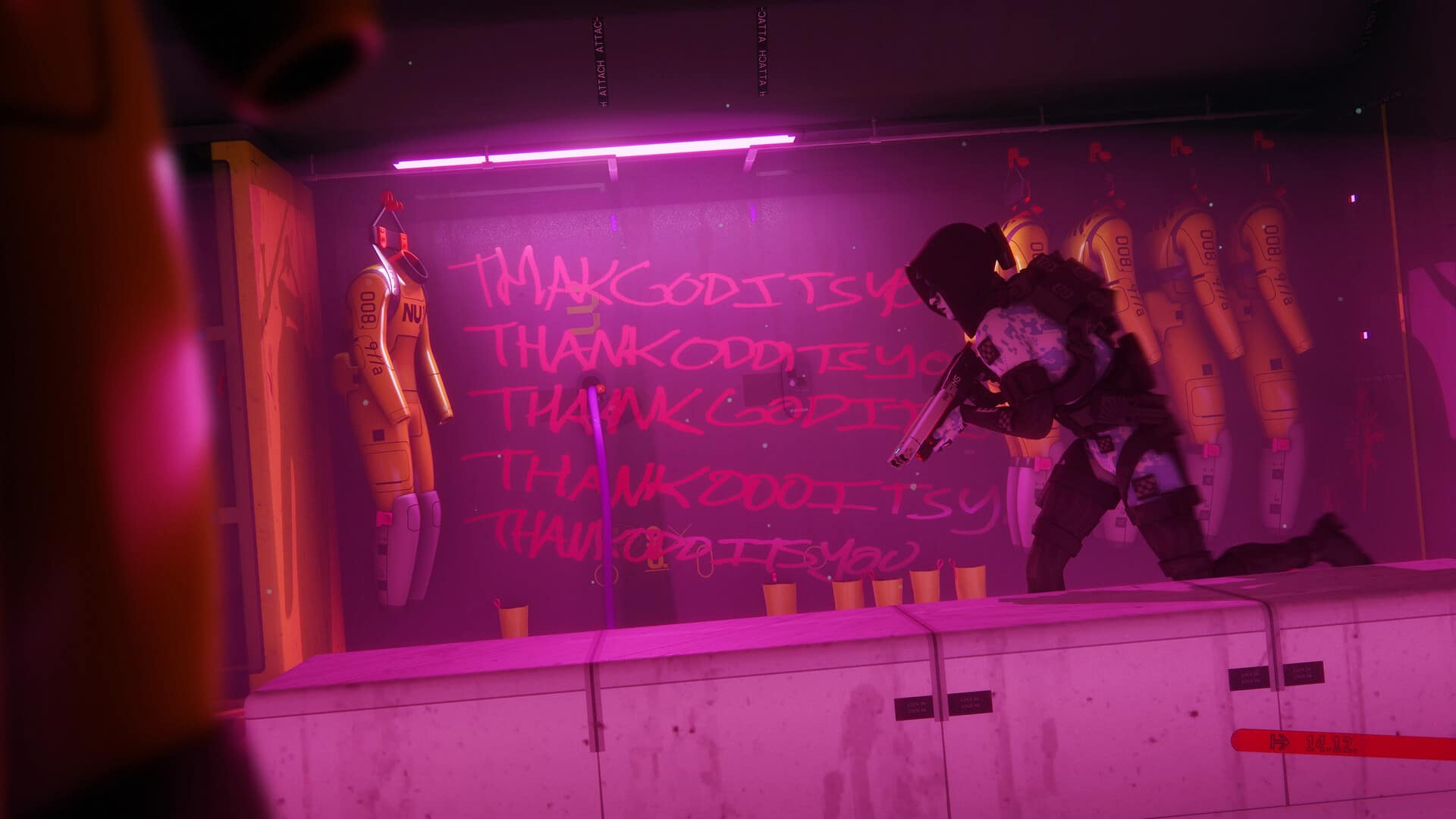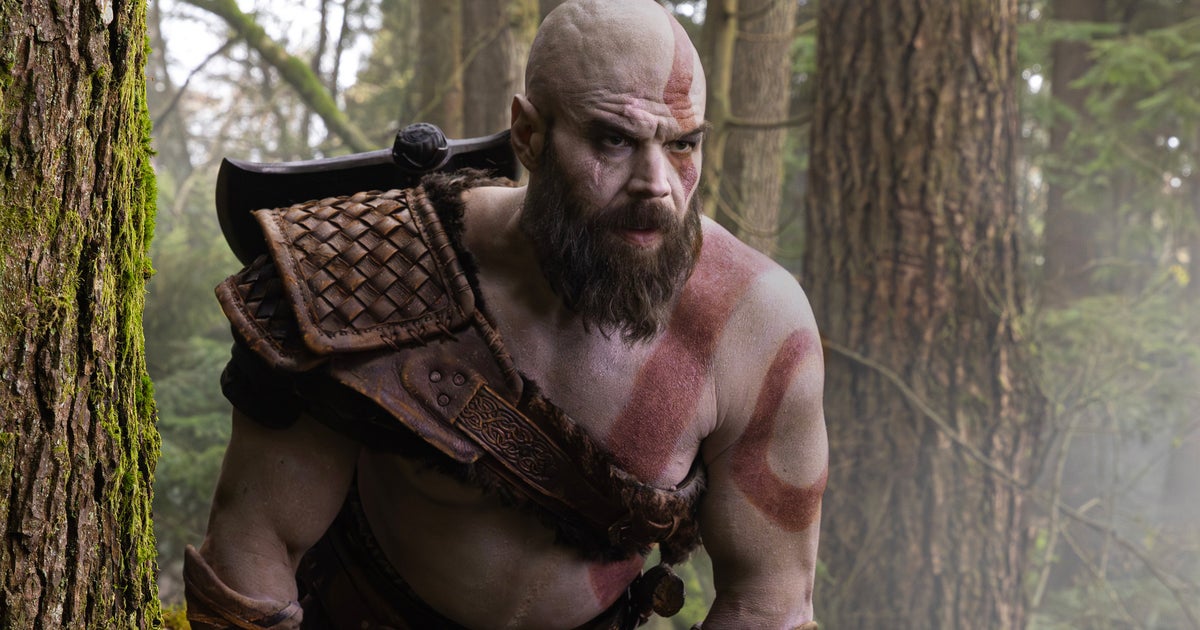HoYoverse, the powerhouse publisher behind Genshin Impact and Zenless Zone Zero, has recently taken a significant legal action against a player who leaked unreleased content for Honkai: Star Rail, demanding an astonishing $150,000 in compensation. Sparking debate in the gaming community, the company argues that this unauthorized leak harms player excitement and detracts from the experience of officially unveiling new game updates.
If you're a fan of HoYoverse's games, or just keep a close eye on gaming controversies, this lawsuit offers food for thought in the ongoing conversation around leaks and their impacts on gaming communities. The player in question, Alfredo Lopez, streamed an early peek at the character Castorice to an eager Discord community consisting of approximately 12,000 members. This livestream leak occurred before the update's public launch, making it a significant breach from the publisher's point of view.
Filed on June 6th at the United States District Court’s Central District of California, the legal action specifically accuses Lopez of unlawfully obtaining and subsequently distributing confidential footage of an unreleased game update. Even though Castorice, a melancholic summoner who conjures floral dragons, was previously announced at last December's Game Awards ceremony, HoYoverse argues that experiencing such content via leaks removes the excitement and buildup meticulously crafted for players of their widely popular live-service gacha game.
So, what exactly is HoYoverse concerned about with this leak? Primarily, the lawsuit highlights that unauthorized early streams can seriously dampen player enthusiasm, ultimately affecting how the community perceives and engages with new updates. Given that Honkai: Star Rail currently boasts approximately 70 playable characters, each character's reveal and availability is crucial not only for generating revenue through the game's gacha mechanics but also for maintaining user engagement with strategic marketing campaigns.
Gacha games rely heavily upon players' emotional investment and excitement over newly introduced characters. Publishers invest large sums of money and considerable effort in creating meticulously-planned reveals designed to maximize player anticipation. An unsanctioned leak—especially one widespread to thousands of fans—poses a threat to their carefully structured promotional strategy which can potentially impact revenue streams, player retention, and overall game health.
Of course, community reaction to HoYoverse's aggressive stance against the streamer has been split. Some players appreciate how leaks detract from the intended experience and understand HoYoverse's rights to protect their intellectual property and promotional campaigns. Others argue that such aggressive litigation against individual players is excessive, particularly given HoYoverse's massive revenue streams and already known information about the leaked character.
Alfredo Lopez’s leak has thrust into the spotlight an ongoing industry-wide issue: the balance between publisher secrecy and community enthusiasm. HoYoverse has previously demonstrated their willingness to go after leakers aggressively, proving the company's firm stance in asserting its rights. They are not alone, as other major game publishers have recently reacted similarly in situations involving leaks and early releases.
Still, gamers questioning the scale of lawsuits like this one often point out how leaks commonly occur in gaming communities and consider whether legal aggression might potentially alienate loyal fans. HoYoverse's lawsuit is a stark reminder to influencers, streamers, and fans of the strict lines publishers are willing to draw when protecting their products' integrity before official releases.
This entire controversy prompts important conversations about the ethics of leaking content, publisher control, and fan engagement. Is this $150,000 suit an appropriate reaction from HoYoverse, or does this type of action potentially threaten to chill enthusiastic communities that form around popular gacha games? Clearly, each publisher has to grapple with balancing their business objectives against player excitement and community goodwill.
Whether you see HoYoverse as taking a justified stance against leaks or as being overly aggressive, this story underscores publishers' vigilance around their intellectual property. It's a dynamic narrative guaranteed to evolve, raising essential issues for both players and the industry alike.


